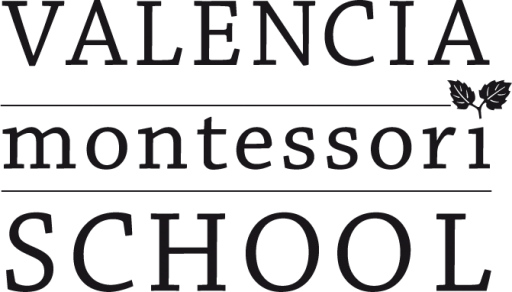Adolescent
Adolescent
(12-18 years)
Preparing Your Adolescent Into Adult Society.
The adolescent
During this period, young people begin to ask important questions: Who am I? How do I relate to others? What is my purpose in life? Their education must reflect and support this inner transformation. Montessori recognized that adolescence is a critical time for both intellectual and emotional growth—when learning must connect with real life in meaningful ways, preparing young adolescents for adulthood.
The method
Adolescents need opportunities to work collaboratively, think independently, take responsibility, and make real contributions. Projects, enterprises, community service, internships, and hands-on learning take center stage. These experiences are not extracurricular—they are central to developing confident, compassionate, and capable young adults.
Areas of Study
Art, Music, Nutrition, Well-being, Physical Education and Languages (such as Spanish and Valenciano) remain important—not as add-ons, but as essential expressions of creativity and culture. Learners are encouraged to explore their interests deeply while developing essential academic and life skills. Critical thinking, collaboration, ethical leadership, and emotional intelligence are integrated into daily life.
Contribu- tions
Schedule
The day includes academic work, projects derived from a plan of work and study, seminar group discussions, independent work, meals, manual labor, and opportunities for self- expression—both physical and creative. It is a full day designed to balance intellectual work with psychological well-being and social independence, promoting social cohesion.
